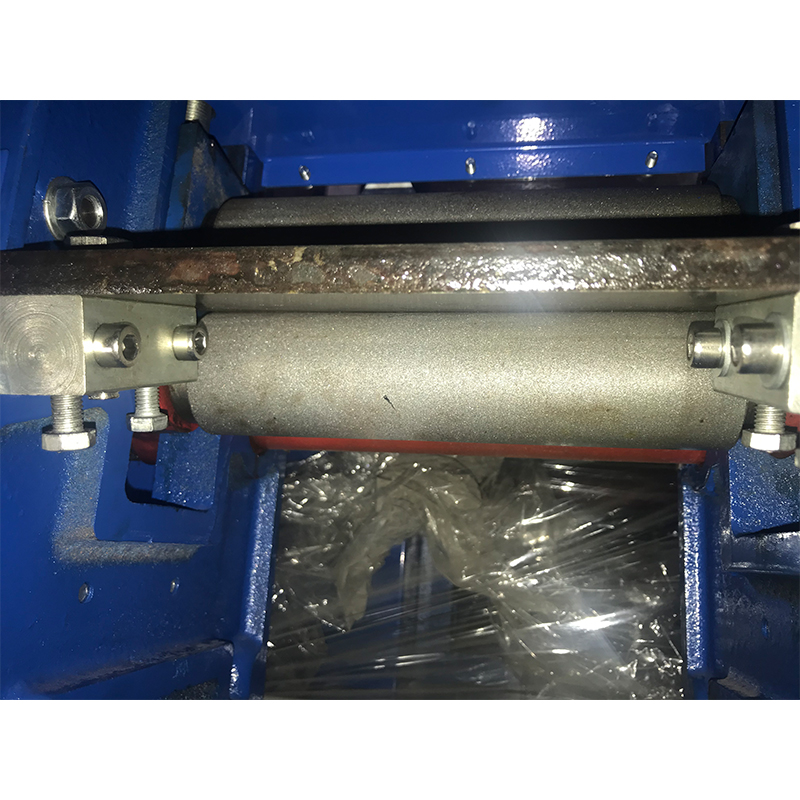tensile testing machine
A tensile testing machine, also known as a universal testing machine, is an essential piece of equipment in materials science and engineering. Its primary function is to assess the mechanical properties of materials by applying a uniaxial tensile force. This testing process helps in determining various fundamental properties, such as tensile strength, yield strength, elongation, and modulus of elasticity, which are critical for understanding material behavior under stress.
The operation of a tensile testing machine involves placing a specimen—usually in the shape of a dog bone or other standardized forms—between two grips. The machine then gradually pulls the specimen apart at a controlled rate until it either breaks or deforms significantly. As the tensile force is applied, the machine measures the corresponding elongation of the specimen, which allows for the creation of a stress-strain curve. This curve is instrumental in analyzing material properties, as it illustrates how a material behaves when subjected to tension.
One of the key advantages of using a tensile testing machine is the ability to provide precise and repeatable results. Modern tensile testing machines are equipped with advanced features such as electronic controls, data acquisition systems, and sophisticated software that can analyze the results in real time. This capability allows engineers and researchers to investigate different materials and processes, ensuring quality control in manufacturing and product development.
tensile testing machine

Tensile testing machines are used across various industries, including aerospace, automotive, construction, and polymer manufacturing. Each industry has its specific requirements for material performance. For example, in the aerospace sector, materials must endure extreme conditions, and testing ensures that they will perform safely and effectively during operation. Similarly, in construction, tensile testing is crucial for ensuring that materials meet stringent safety standards.
In addition to their importance in evaluating new materials, tensile testing machines also play a critical role in failure analysis. By testing broken or failed components, engineers can deduce the causes of failure, enhancing the design and safety of future products.
In conclusion, tensile testing machines are vital tools that contribute to the advancement of materials science. By providing a thorough understanding of material properties, they facilitate better design decisions, enhance product safety, and contribute to innovation across a wide range of industries. The knowledge gained from these tests not only helps ensure the reliability of materials but also fosters progress in technology and engineering as a whole.
-
Why the Conductor Resistance Constant Temperature Measurement Machine Redefines Precision
NewsJun.20,2025
-
Reliable Testing Starts Here: Why the High Insulation Resistance Measuring Instrument Is a Must-Have
NewsJun.20,2025
-
Flexible Cable Flexing Test Equipment: The Precision Standard for Cable Durability and Performance Testing
NewsJun.20,2025
-
Digital Measurement Projector: Precision Visualization for Modern Manufacturing
NewsJun.20,2025
-
Computer Control Electronic Tensile Tester: Precision and Power for the Modern Metal Industry
NewsJun.20,2025
-
Cable Spark Tester: Your Ultimate Insulation Assurance for Wire and Cable Testing
NewsJun.20,2025
 Copyright © 2025 Hebei Fangyuan Instrument & Equipment Co.,Ltd. All Rights Reserved. Sitemap | Privacy Policy
Copyright © 2025 Hebei Fangyuan Instrument & Equipment Co.,Ltd. All Rights Reserved. Sitemap | Privacy Policy
